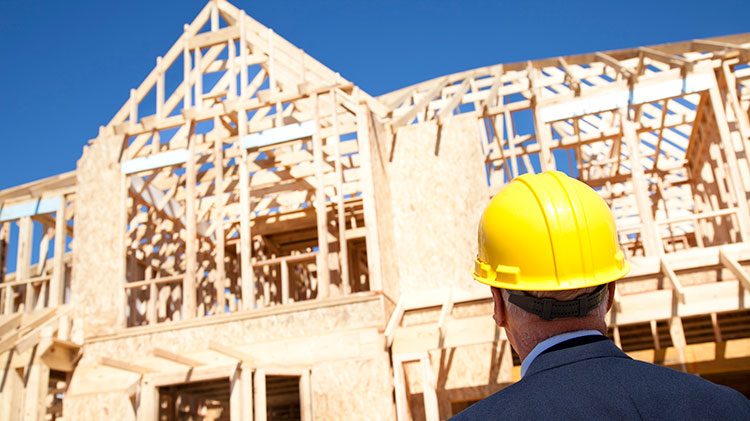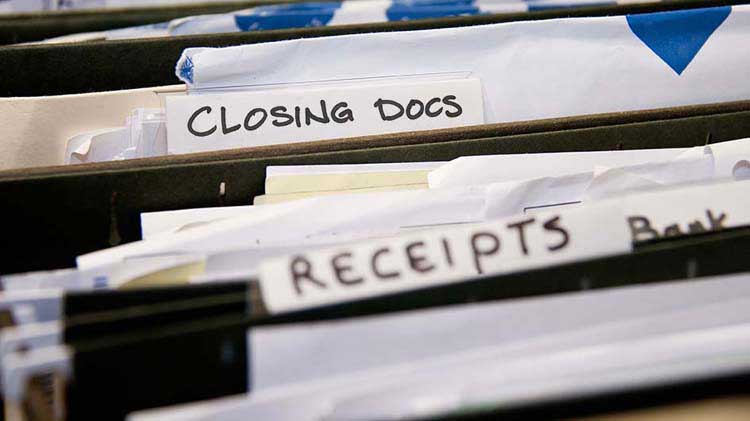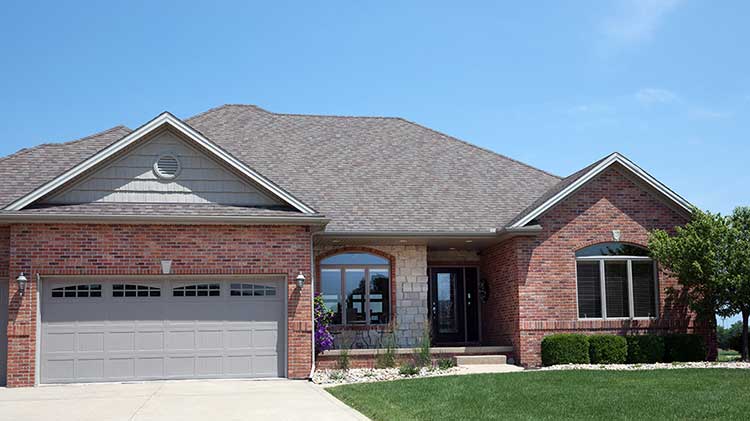Building vs buying a home: Which is more cost-effective?
What are the benefits and costs associated with building a new home vs buying an existing home?
Building vs buying a home is a question that occurs to many potential homeowners. The financial implications of each option can be significant, making it a key consideration in the homeownership journey.
Building a new home
Building a house offers the opportunity to customize to your specific needs and desires. However, it's important to understand the costs involved. Homeadvisor reports that, on average, the cost of building a new home in 2022 in the United States was a little over $300,000. This estimation is for a typical stick-built home, but it's essential to know that other home construction options may vary in cost.
Stick built homes
A stick-built (wood-frame) home is a traditional construction method where the house is built entirely or largely on-site. According to Homeguide, a stick-built home in 2023 costs on average $100 to $155 per square foot, excluding land costs. The costs can rise depending on the location and complexity of the design.
Concrete block homes
On the other hand, concrete block homes offer a more energy-efficient and durable alternative. These homes are built using concrete blocks that are often filled with reinforced materials such as steel bars. According to Homeguide, they can cost between $110 and $250 per square foot on average. Aside from their durability, they also provide better insulation, potentially reducing energy costs in the long run.
Prefabricated homes
Prefabricated homes, also known as prefab or modular homes, are an alternative to traditional stick-built or concrete block homes. They are built off-site and then transported to the desired location. According to Homeguide, the cost of a fully installed prefabricated home can range from $80 to $160 per square foot, not including land or site development costs. This cost-effective option can provide for quicker construction times and less on-site disruption.
Other building expenses
When looking to build a house, there are other costs to consider:
- Land
- Site preparation
- Permits
- Utilities
- Landscaping
Buying an existing home
One of the benefits of buying a home is convenience. An existing home may be move-in ready; you do not have to wait for months to move into your house as you would need to with a newly built home. Existing homes may also come with mature landscaping and established neighborhoods, offering a sense of community. Plus, these homes often have a unique charm and character that many find appealing. Typically, existing homes tend to be less expensive compared to building a new one, making them a more affordable option.
Other considerations for building a new home vs buying an existing one
When comparing buying vs building a home, there are several factors to consider. A new home allows for customization to meet your specific preferences and needs. Whether it's the layout, the number of rooms, or specific features like an attached garage or a modern kitchen, building your own home means you can design it exactly as you wish. Additionally, new homes are often more energy-efficient and require less maintenance initially because everything is new. However, this comes at a higher price point and requires more time.
In contrast, while buying an existing home may offer cost and time savings, it may require more upkeep and might not have the modern layout or features that some homeowners desire.
Deciding between buying a home vs building a home depends on several factors. These include your budget, preferred construction materials, desired location and specific needs. Understanding the cost implications of these different construction options can help you make an informed decision that best suits your financial situation and lifestyle.
After you have decided which option might fit you best, and begin to look for financing, we have some information about fixed and adjustable rate mortgages and private mortgage insurance that can help you through the process. And keep in mind, there are typically hidden costs that occur with the home buying process.
Last, but not least, don’t forget to make insurance changes for your new home and also consider contacting a State Farm® agent to learn about different homeowners coverage options or potential for insurance bundling.
Neither State Farm nor its agents provide tax or legal advice.
Customers may always choose to purchase only one policy but the discount for two or more purchases of different lines of insurance will not then apply. Savings, discount names, percentages, availability and eligibility may vary by state.
The information in this article was obtained from various sources not associated with State Farm® (including State Farm Mutual Automobile Insurance Company and its subsidiaries and affiliates). While we believe it to be reliable and accurate, we do not warrant the accuracy or reliability of the information. State Farm is not responsible for, and does not endorse or approve, either implicitly or explicitly, the content of any third party sites that might be hyperlinked from this page. The information is not intended to replace manuals, instructions or information provided by a manufacturer or the advice of a qualified professional, or to affect coverage under any applicable insurance policy. These suggestions are not a complete list of every loss control measure. State Farm makes no guarantees of results from use of this information.
This article was drafted with the help of AI and reviewed by State Farm editors.
State Farm Fire and Casualty Company
State Farm General Insurance Company
Bloomington, IL
State Farm Florida Insurance Company
Tallahassee, FL
State Farm Lloyds
Richardson, TX



